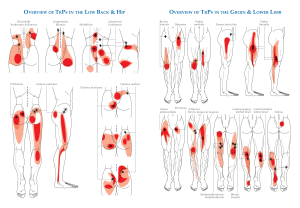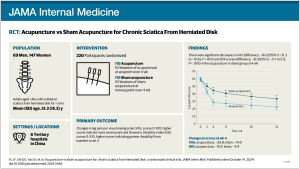Improving Your Lung Health After Spine Surgery

Category: | Author:
Breathing is something we do throughout each day without a second thought, but the breathing process can become a little more difficult in the wake of your spine surgery. Strong breaths will help to push healthy, oxygenated blood to structures that need the nutrients it provides to aid in the healing process, so it’s important that you work to increase your breathing strength and lung capacity after your spinal operation. In today’s blog, we take a closer look at why it’s so important to work to improve your lung health following your spine surgery.
Developing Lung Function After Back Surgery
Lung issues aren’t incredibly common following a spinal procedure, but your doctor will certainly have an eye on your lung health before and after your procedure, and they may recommend some additional care steps if they have concerns about any aspect of your breathing. Even if you believe you have healthy lungs, the surgical procedure can potentially lead to issues that inhibit their function. Some ways that surgery can affect your lung function include:
- Anesthesia Use – Many elective and emergent spine surgeries are conducted with the assistance of general anesthesia. This puts the patient into a sleep-like state so that they do not feel any discomfort during the operation, but it can also inhibit lung function as they too are affected by the medication. In some instances, a breathing machine may be needed to help keep the patient breathing during surgery due to a lung or related health issue. As you come out of surgery, your lungs may need some time to get back to breathing deeply and normally.
- Positioning – It can be harder for your lungs to take in deep breaths while you’re lying in bed recovering from the trauma of surgery. Standing and moving can make it easier for your lungs to take in a full breath, but if you have movement restrictions after your procedure, this may not be possible.
- Medications – Certain pain relievers and anti-inflammatory medications can also have an impact on lung function, so be mindful of any side effects of medications you are taking after your procedure. If you’re finding it hard to breathe fully after your surgery, regardless of whether or not you believe your medications are the cause, you need to let your medical team know.
Not only is proper lung function important for pushing healthy blood around your body after your procedure, but it can also help to manage your risk of developing pneumonia. Healthy lungs can more easily remove fluids and mucus that can be a byproduct of lung function. If these substances cannot be effectively removed from your lungs, pneumonia can set in, further jeopardizing your health while your body is already in a weakened state following your operation.
To ensure that you are breathing properly during and after your surgery, your care team may pursue a combination of the following:
- Electronic monitoring during surgery
- Blood oxygen level and lung function tests during your recovery
- Members of your care team may conduct physical exams of your breathing technique
- Consult and coaching from a respiratory therapist
- Getting you up and moving to help give the lungs more natural space
- Prescribe certain medications to assist with underlying conditions, like asthma
Proper breathing is just one of the aspects of your care that gets a lot of attention during and after your surgery because we know how important it is to be able to take deep and full breaths. Let us ensure that your breathing remains comfortable throughout your spinal operation and recovery. For more information, or for help with a different issue, reach out to Dr. Sinicropi and the team at The Midwest Spine & Brain Institute today at (651) 430-3800.
Related




